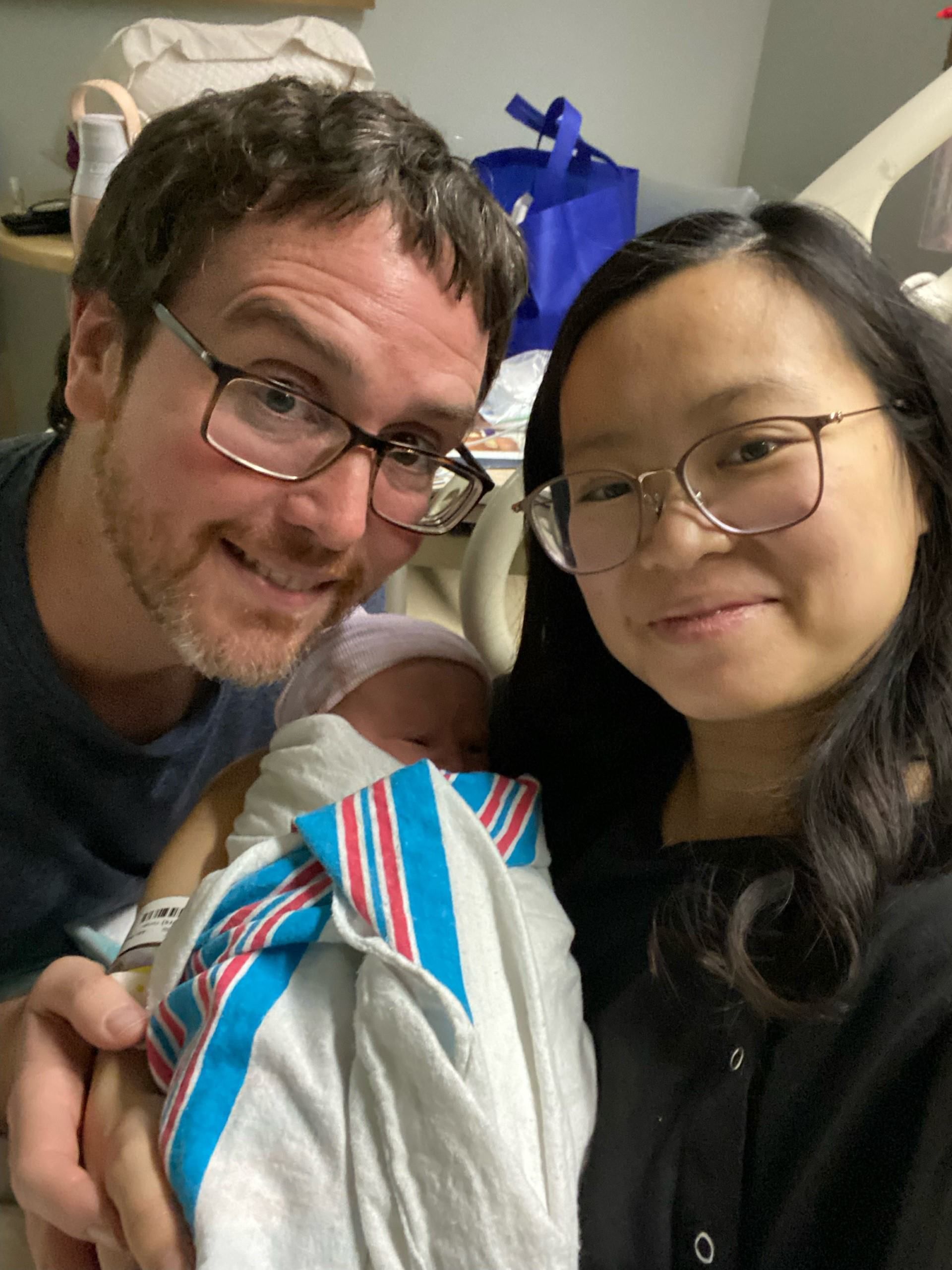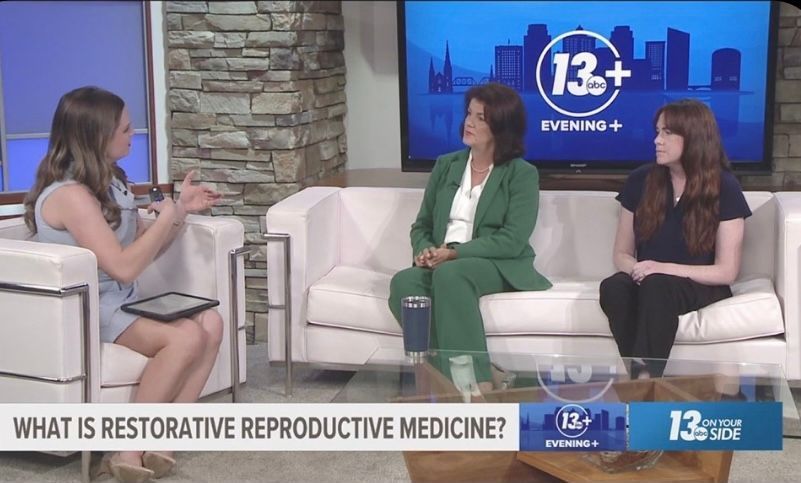Polycystic Ovarian Syndrome (PCOS) is a gynecological problem that affects 1 in 10 women. Symptoms include irregular cycles, weight gain, excessive growth of facial or body hair, severe acne, and metabolic problems. In honor of PCOS Awareness Month, one of our patients decided to share her story in the hope that others will benefit from learning about the condition. Patient “Julie T.” had been struggling with symptoms for more than a decade before coming to Reply with concerns about her health.
When Julie T. was first diagnosed with PCOS, her doctor advised her to go on the birth control pill or risk becoming infertile. It is very common for women to be prescribed the birth control pill for PCOS, and the Pill can improve symptoms like acne and hair growth. Ultimately, though, this course of treatment doesn’t help cure the underlying medical problem and can mask disease progression. In this case, it left Julie feeling unsure about her options and the best course of action:
“It’s a lonely diagnosis because every woman is different with her symptoms, and different doctors have different opinions on how to treat it…I felt like for 10 years I had to piece together things about PCOS from ob/gyn appointments, books, and the internet.”
By the time Julie came to Reply she had additional motivation for getting to the bottom of her health questions. She had been trying to conceive for a year and a half without becoming pregnant, and she was concerned about possible impact on her fertility. Through consultation with Dr. Rachel Urrutia, Julie made a plan of action for medical management and lifestyle changes:
“I really appreciated on the initial visit that Dr. Urrutia let me have a voice in my care that I would be receiving. She gave me the option of starting medication, or I could do lifestyle changes first. I truly felt empowered with the autonomy and knowledge to choose what I thought would work best for me. I decided to try to lose a little bit of
weight by working with Emily (Reply Health Coach Emily Kennedy), rather than trying medications first. I really appreciated that I didn’t feel pressured into a certain kind of treatment right away, and that she took the time to help me understand all the options. Dr. Urrutia was very thorough and ordered a lot of blood tests and also an ultrasound to rule out other issues. She was checking in to every possible area that could be a concern. I didn’t feel like I had to do my own research to make sure my doctor was covering all the right bases–I felt confident that she was already doing that. I can trust her. She gave me options and her recommendations, and I felt empowered me to make my own choices.”
Julie began working with Reply Health Coach Emily Kennedy on lifestyle changes, and Reply fertility educator Lori Hartley in order to learn fertility awareness cycle tracking, a tool that can help women with medical management and with family planning. In this case, Julie learned to identify her fertile window—the days during each cycle when intercourse could lead to pregnancy.
From previous experiences of cycle charting on her own, Julie had noticed that when she experienced a 7-10 pound weight gain, her cycles became more irregular. Even those few pounds seemed to have had an effect, and so she decided an important goal for her was to reduce her weight even by a few pounds. Weekly telehealth sessions were a convenient way to connect with her health coach to discuss specific ways for improvement: “Emily was able to help me see unhealthy food habits that I had developed without making me feel guilty or bad about it.”
The happy ending? Julie conceived within three cycles and is now expecting her first baby! “I am so grateful,” says Julie, who says she now encourages others, “keep looking until you find a practice where you can feel confident because it is worth it.”
At Reply, our mission is to help women optimize their health as much as possible. Sometimes women are surprised to learn that even a small weight loss like Julie’s of 10 pounds or less can significantly improve hormone balance. Rather than take a “band-aid” approach such as prescribing the birth control pill, we pursue treatments that promote underlying health and fertility. This can include medical treatments and/or working on lifestyle factors like diet and exercise.
If you’ve ever struggled with irregular periods or bothersome symptoms, or been prescribed the pill for management of PCOS without being able to understand your underlying health, you may be interested in Reply’s Cooperative Approach to healthcare. To learn more about PCOS, click here.











